Episode one of Sir David Attenborough's latest series Mammals is all about darkness.
With heightened senses verging on superpowers, more than two-thirds of mammal species are creatures of the night. In the Kalahari Desert, Damaraland mole rats live underground in permanent darkness. Elsewhere, in America, coyotes have started hunting at night in the country’s busiest and biggest cities.
- Learn more about mammals
- What is echolocation and which animals use it?
- Animal vision: how do animals see?
What can we expect from episode one of Mammals?
More than two thirds of mammal species are creatures of the night. They have evolved in numerous ways to overcome a time we humans find particularly challenging.
At night, a leopard’s vision is so good it can hunt even under the darkest of skies, and a fennec fox’s hearing is so precise it can detect prey hiding underground.
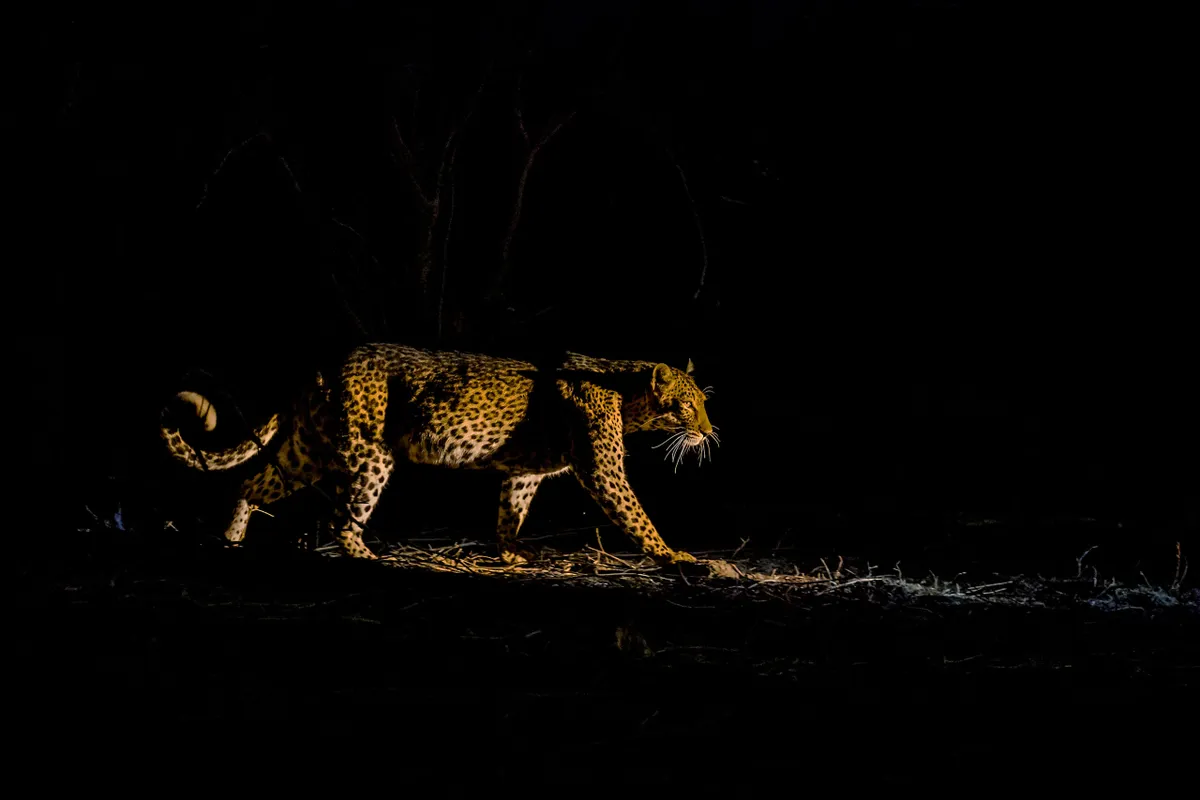
The Etruscan shrew, the smallest terrestrial mammal in the world, has honed one of the most ancient senses of all to hunt in the undergrowth; using touch to pinpoint its prey. And an armadillo’s nose is so sensitive, it uses it to communicate, detecting secret scented messages sent from other armadillos.
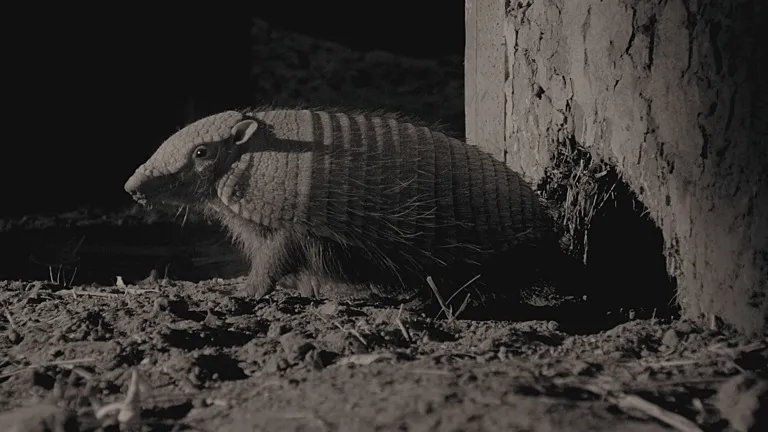
When mammals combine these remarkable senses, and work together as a team, they can achieve even more incredible feats in the darkness.
In Ngorongoro Crater in Tanzania, hyenas combine forces, hunting together at night, enabling them to overpower one of the largest and most dangerous animals in Africa – the Cape buffalo. And in the Kalahari Desert, Damaraland mole rats, one of the strangest mammals of all, use teamwork to overcome the challenge of a life underground, living in permanent darkness.
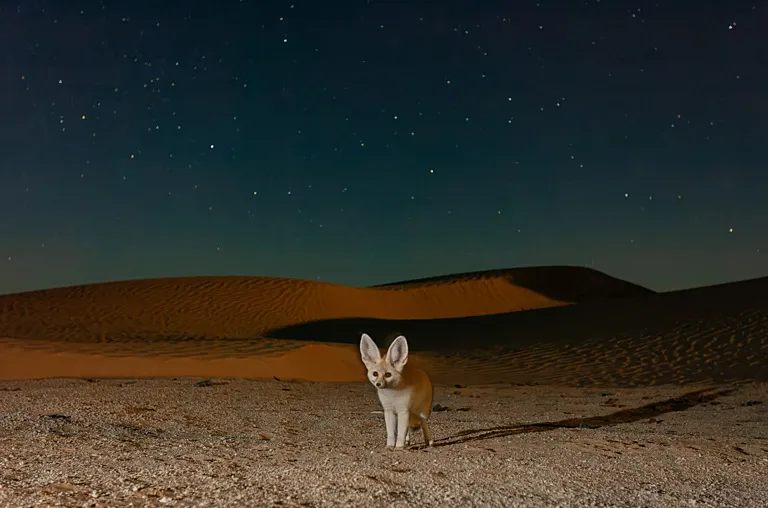
Perhaps the greatest night-time success story of all are bats, who have taken to the night sky with unparalleled success thanks to an ability verging on the supernatural. Off the coast of Trinidad, fishing bats use the power of echolocation to sense in the dark. The slightest of movements, such as a fish’s fin breaking the surface, is all they need to start hunting.
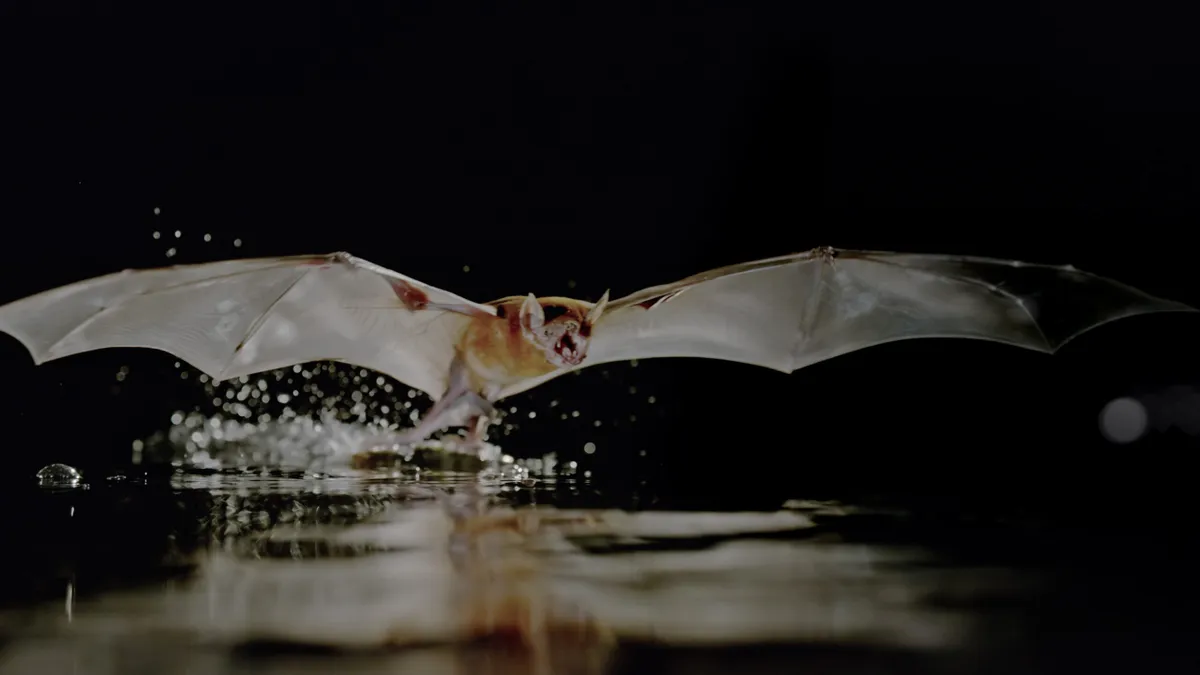
But having evolved these incredible senses over millions of years, many mammals are having to adapt once more to cope with a new world dominated by light-loving humans. In recent years, one of America’s most successful predators, the coyote, has taken to some of the busiest and biggest cities in the world where it forages and hunts at night.
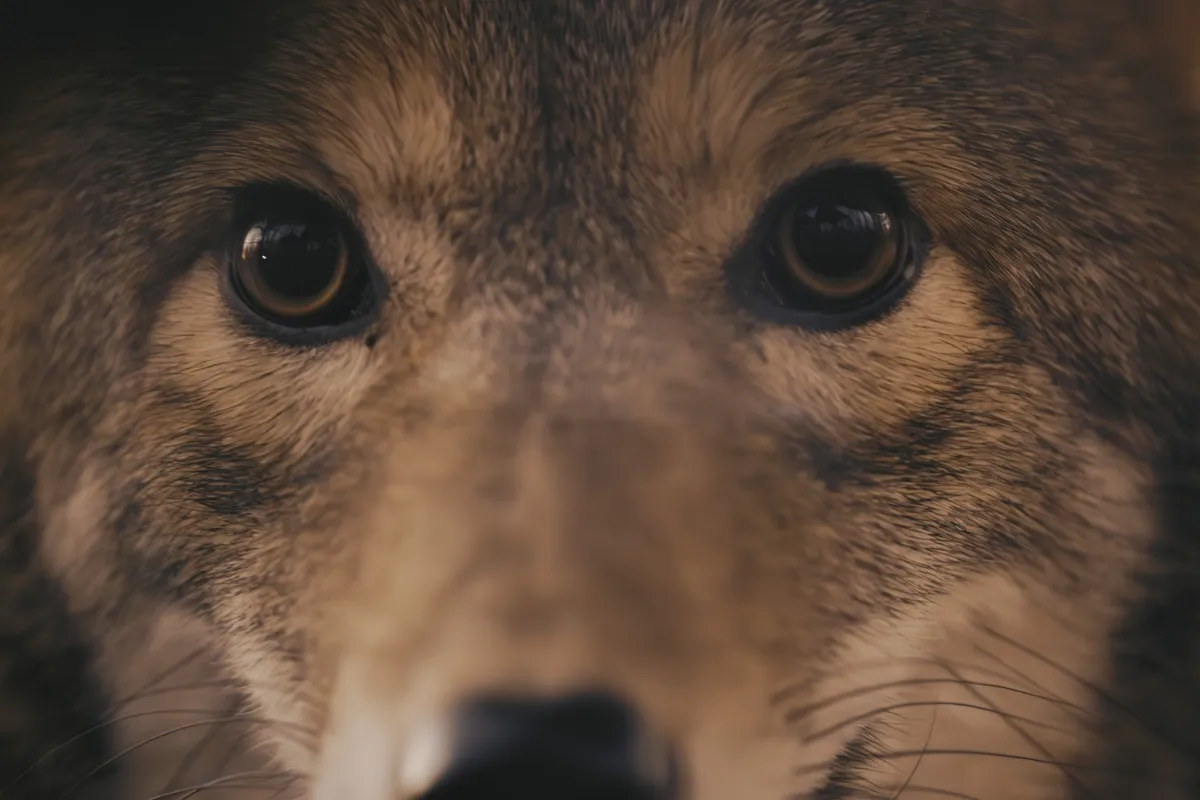
When and where to watch episode one of Mammals
The first episode of Mammals will air on BBC One and BBC iPlayer at 7pm on Sunday 31 March. Episodes will be released weekly.
Find out more about Mammals.